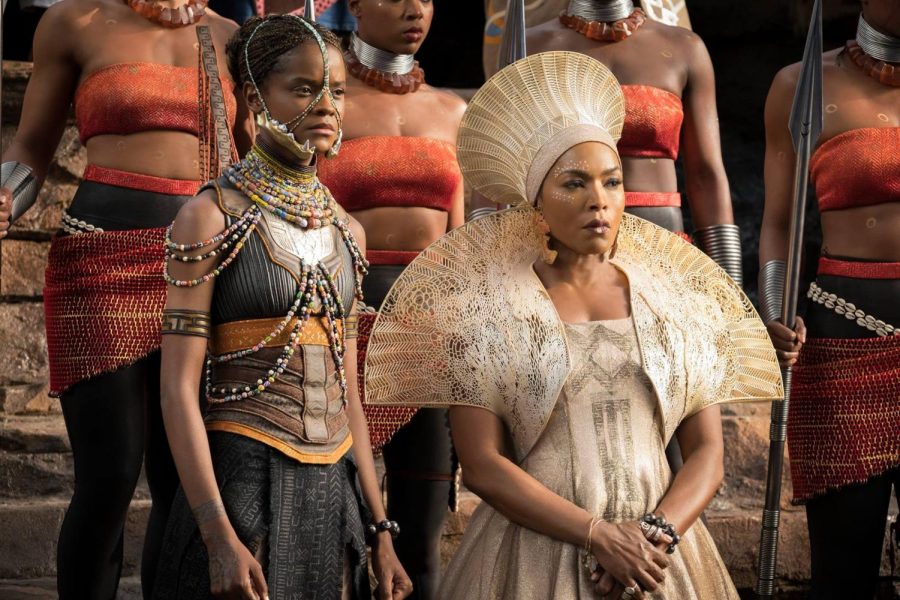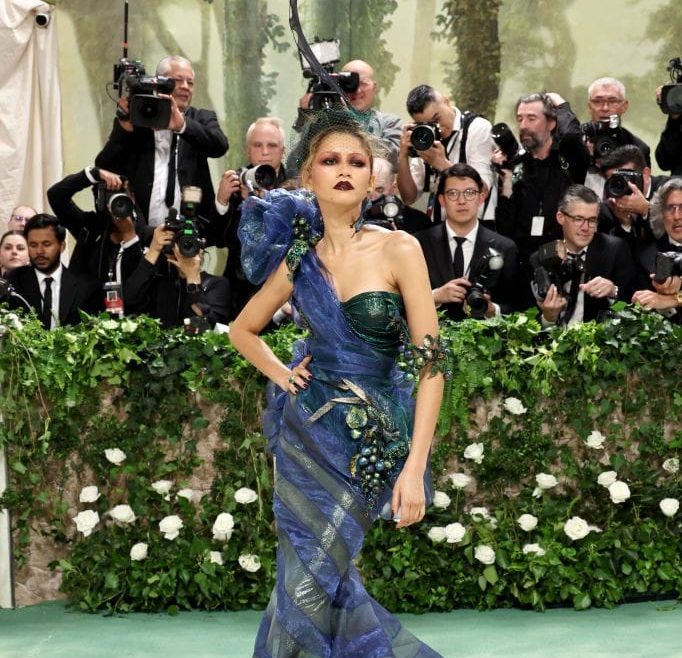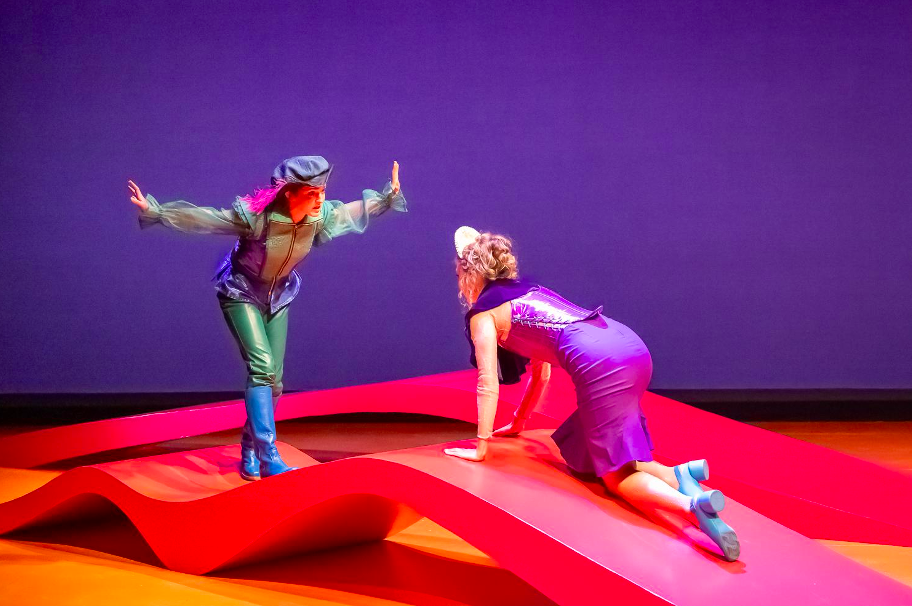Whether we’re aware of it or not, the media we consume every day, and its representation, has a big impact on humanity. There are many who are privileged enough to never have to think about this representation because they come from groups holding power and influence in society. Others struggle to understand why they aren’t represented in mainstream media. This struggle is captured by the term “symbolic annihilation,” a concept which the HuffPost has discussed with sociologists. Dr. Nicole Martin explained the term as “the idea that if you don’t see people like you in the media you consume, you must somehow be unimportant.”
This is why movies such as “Black Panther” are a big deal, because the movie featured a predominantly Black cast and drew inspiration from multiple real-life African tribes. A study on the distribution of lead actors in the United States from 2011 to 2016 based on ethnicity showed that “86.1% of lead actors in 2016 were white.” Movies written mainly by white people and featuring mainly white actors are what usually dominate media. The problem with that is writers and actors of color have been left out and misrepresented.
“Black Panther” gave us traditional African garb like the isicolo that Angela Bassett wore. “Black Panther” gave us a movie with all-natural hair styles designed by Camille Friend, highlighting the importance of conveying the empowerment of Black people through all aspects of the movie. Imagine the joy of a young Black child when they see people on screen who look like them, the kind of pride that comes from seeing someone with your hair as a main character in a major film. To the majority, it may not seem like a big deal but to underrepresented groups the significance of movies like “Black Panther” is astounding. Not only is the cast predominantly Black, but all members are represented in a positive manner as royalty, noble friends and loyal warriors.
It is necessary to note the importance of showing minority members in positive positions. In many films people of color are shown in supporting roles or in roles that depict them as racial stereotypes. A survey by YouGov shared that “Nearly half of Black respondents (46%) said on-screen representation of Black characters were inauthentic, about twice the rate of the respondents overall.” Surveys like this prove there needs to be a social shift toward a more representative community on screen like there is in the real world.
It is movies like this that help contribute to the changing relationship between diversity and Hollywood. Representation in Hollywood is highlighted by trends like #OscarsSoWhite which was a phenomenon that came from learning about the lack of minority representation at the 2016 Academy Awards. The film also inspired #WhatBlackPantherMeansToMe, a Twitter hashtag where people, mainly Black people, shared their experience interacting with the film. “Black Panther” helped highlight the lack of films including main characters of color. It also proved there is no reason that movies shouldn’t have a diverse cast, because there are definitely enough talented actors. There was so much excitement surrounding a movie that was so different from usual mainstream films that it broke box office records, being the 12th highest grossing film of all time internationally.
Many think pieces after “Black Panther” discussed the “awakening” of the general public after the film, and many seemed to suddenly realize they were not used to seeing a cast and movie that was not whitewashed. This “awakening” led to discussions about the unequal numbers of individuals from the minority group on screen and how mainstream media needed to remedy this fault.
There is some reassurance in knowing that people are aware of the problem of representation on screen; however, just being aware of the problem will not change it. Supporting directors and films that push for an appropriately represented cast is an important part of pushing toward more diversity. It is important to realize that while films like “Black Panther” are culturally important, there is still much more work to do to diversify Hollywood and see appropriate representation.
Alex Seeman can be reached at [email protected].




















Bruce Taylor • Oct 1, 2018 at 6:58 pm
Very provocative essay! I was particularly interested to learn that such a high percentage of African-Americans believe black movie characters are presented unrealistically. I wonder how this flaw in artistic expression will be addressed? Thanks, and keep up the good work.
Bruce Taylor
Sydney Trent • Oct 1, 2018 at 11:22 am
What a smart, thoughtful story! I hope “Black Panther” and “Crazy Rich Asians” are the beginning of a trend that makes movies look more like America